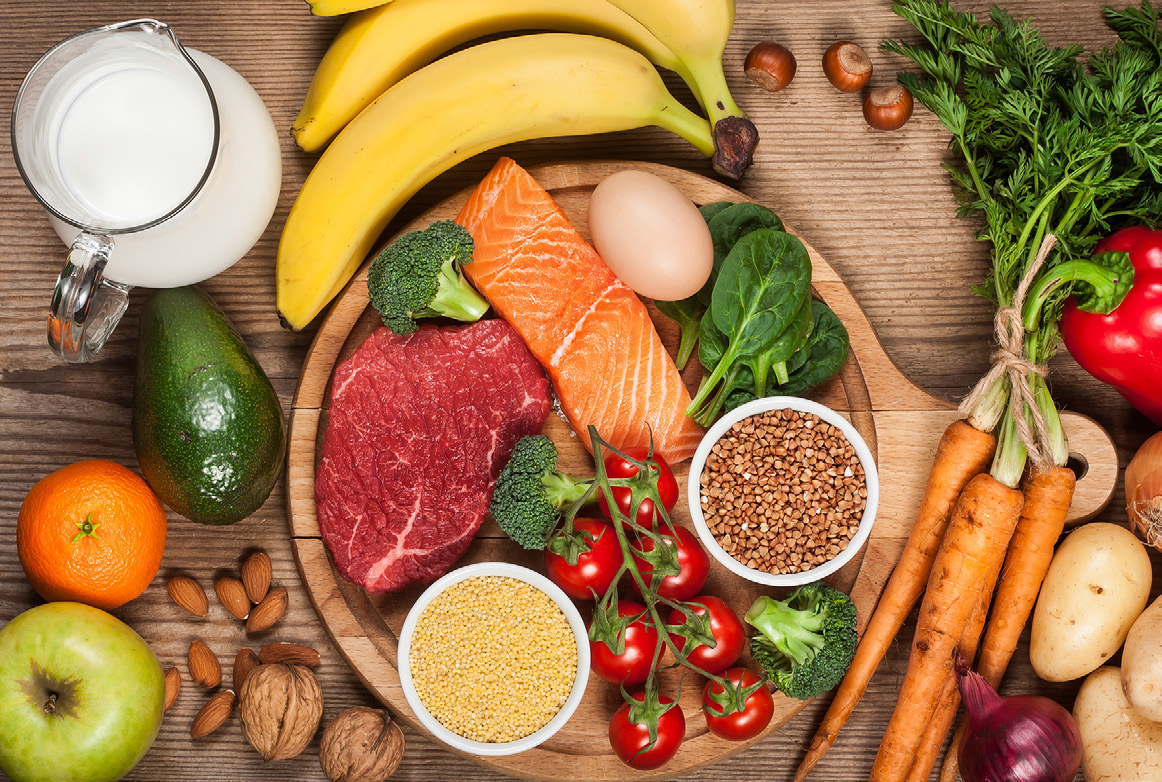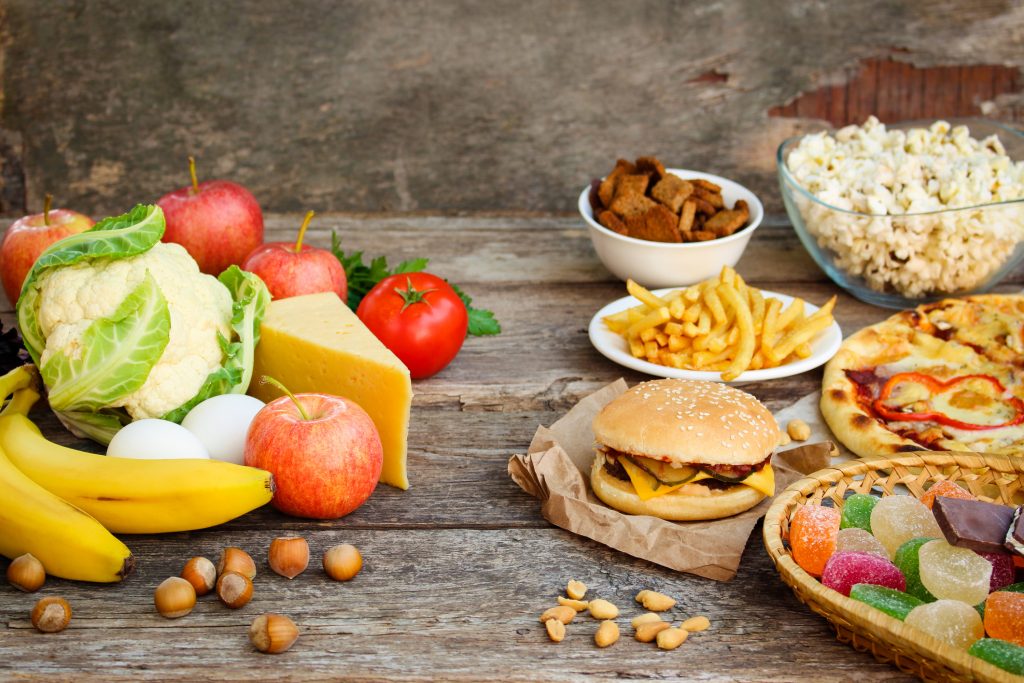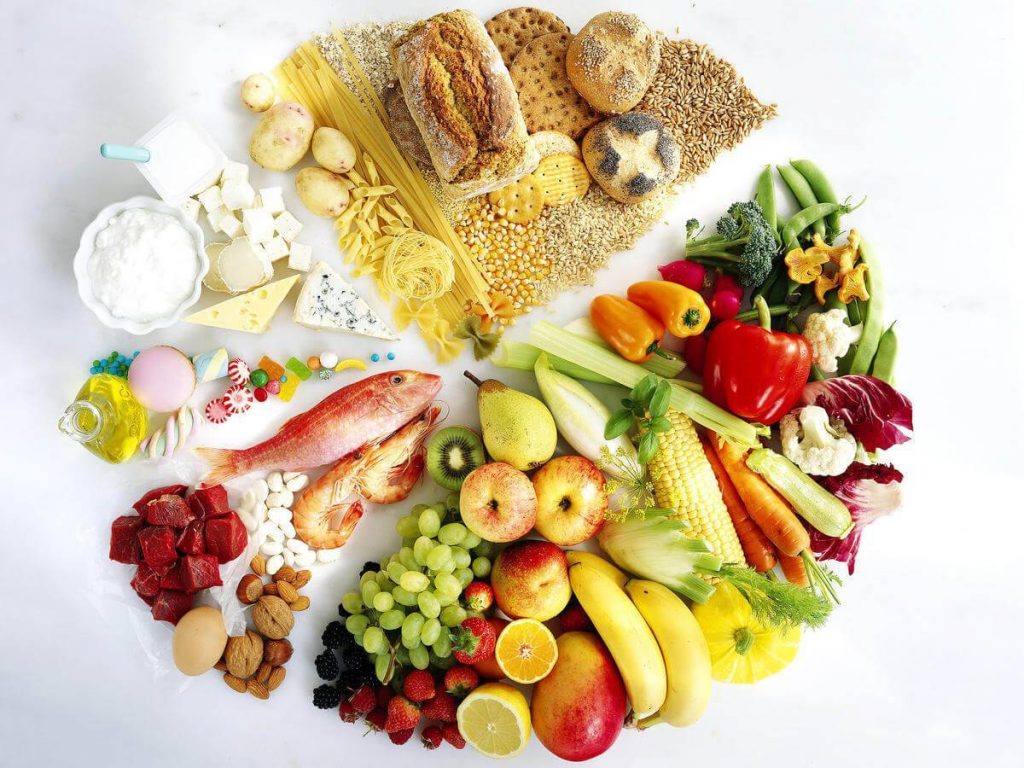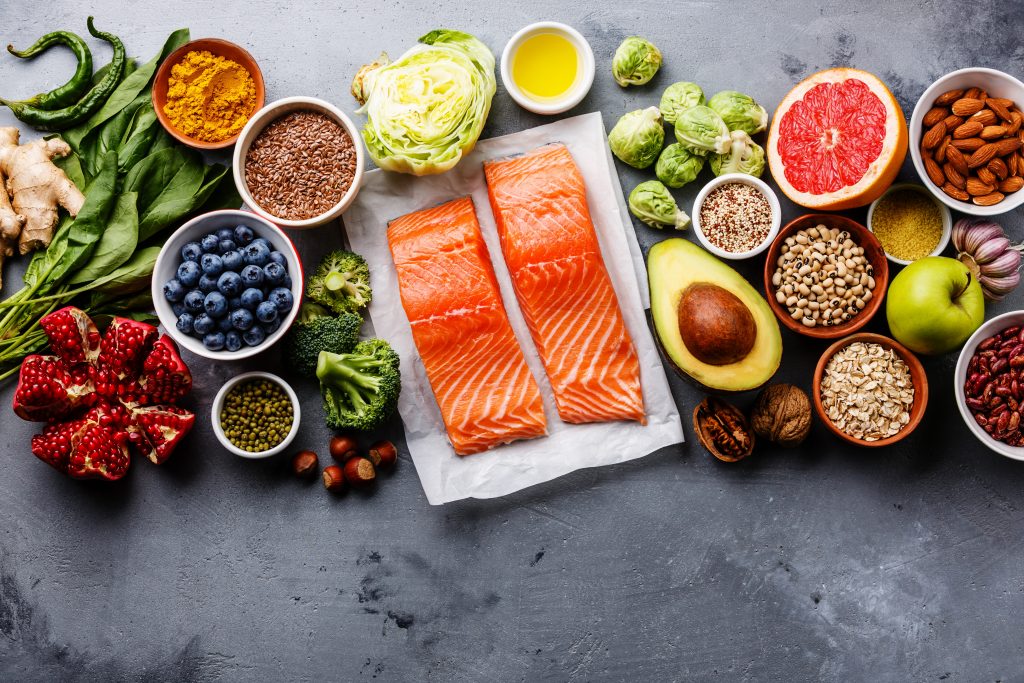Hello, everyone! Today, let’s chat about something essential for our health – vitamins and minerals. These are the building blocks of a healthy diet, crucial for our body to function properly. But what exactly are they, and where do we get them? Let’s break it down in a simple, easy-to-understand way.
Understanding Vitamins and Minerals
Vitamins and minerals are nutrients that our bodies need to grow, function, and fight off diseases. They play roles in everything from bone health to brain function. Unlike carbohydrates, proteins, and fats, vitamins and minerals are needed in smaller amounts, but they’re just as important.
Key Vitamins and Their Sources
Vitamin A is great for vision and immune function. You can find it in foods like carrots, sweet potatoes, and spinach.
B Vitamins, including B6, B12, and folate, are important for energy production and brain health. Sources include whole grains, meats, and bananas.
Vitamin C is known for its immune-boosting properties. Citrus fruits, strawberries, and bell peppers are great sources.
Vitamin D is crucial for bone health and can be synthesized in the skin from sunlight. It’s also found in fatty fish and fortified dairy products.
Vitamin E acts as an antioxidant. Nuts, seeds, and green leafy vegetables are rich in this vitamin.
Vitamin K is important for blood clotting and bone health. You can find it in green leafy vegetables, like kale and spinach.
Essential Minerals and Where to Find Them
Calcium is famous for strengthening bones and teeth. Dairy products, tofu, and broccoli are great sources.
Iron is essential for blood production. Red meat, beans, and fortified cereals are rich in iron.
Magnesium plays a role in over 300 enzyme reactions in the body. It’s found in nuts, whole grains, and leafy green vegetables.
Potassium helps with nerve function and blood pressure regulation. Bananas, potatoes, and avocados are good sources.
Zinc is important for the immune system and wound healing. You can get zinc from meats, shellfish, and legumes.
Incorporating Vitamins and Minerals into Your Diet
The best way to ensure you’re getting enough vitamins and minerals is by eating a varied and balanced diet. This means lots of fruits and vegetables, whole grains, lean proteins, and dairy. Supplements can help in some cases, but they’re not a substitute for a healthy diet.
Conclusion
Vitamins and minerals might be small, but they pack a punch when it comes to our health. By including a variety of nutrient-rich foods in your diet, you can make sure your body gets what it needs to stay healthy and strong. So, next time you’re planning a meal, think about the rainbow of nutrients you can include. Here’s to your health! 🍊🥦🍞🥩🥛🥜🍇🍌🐟🥬


